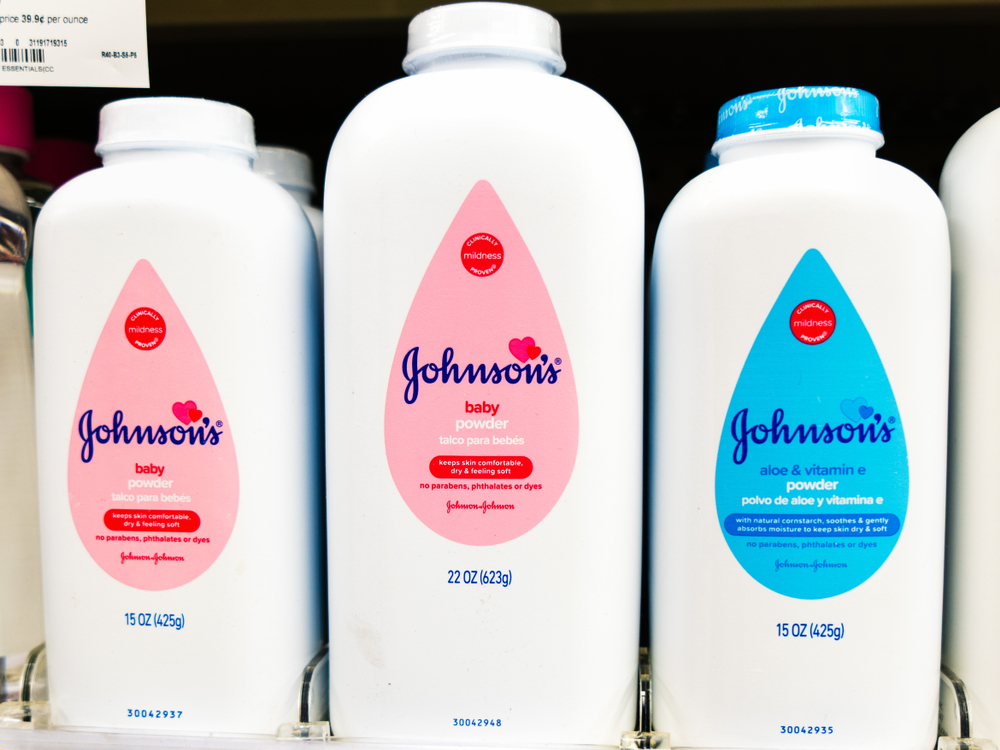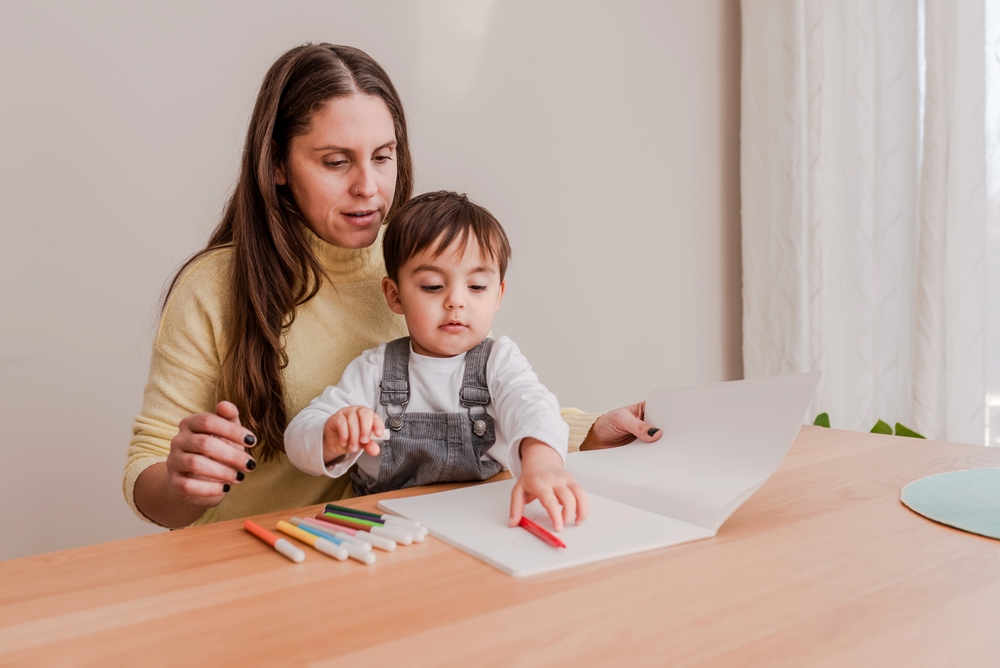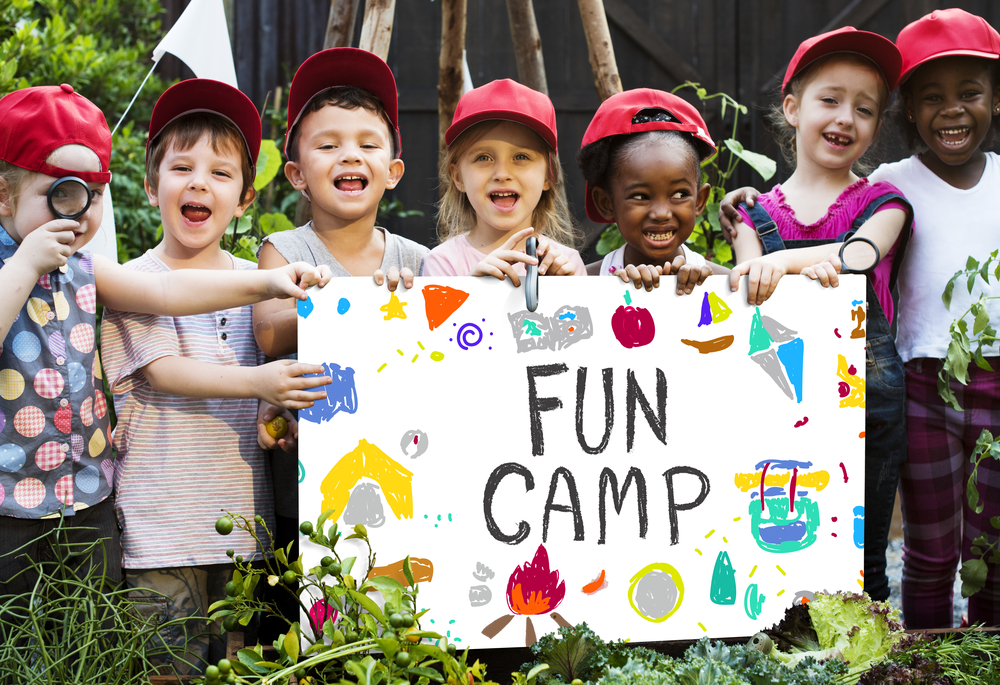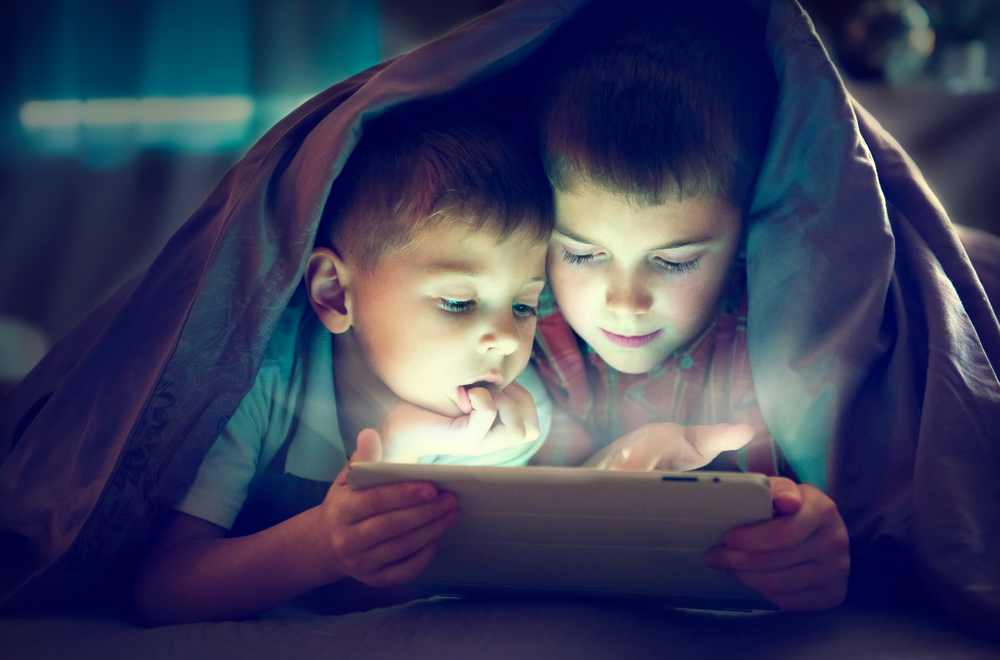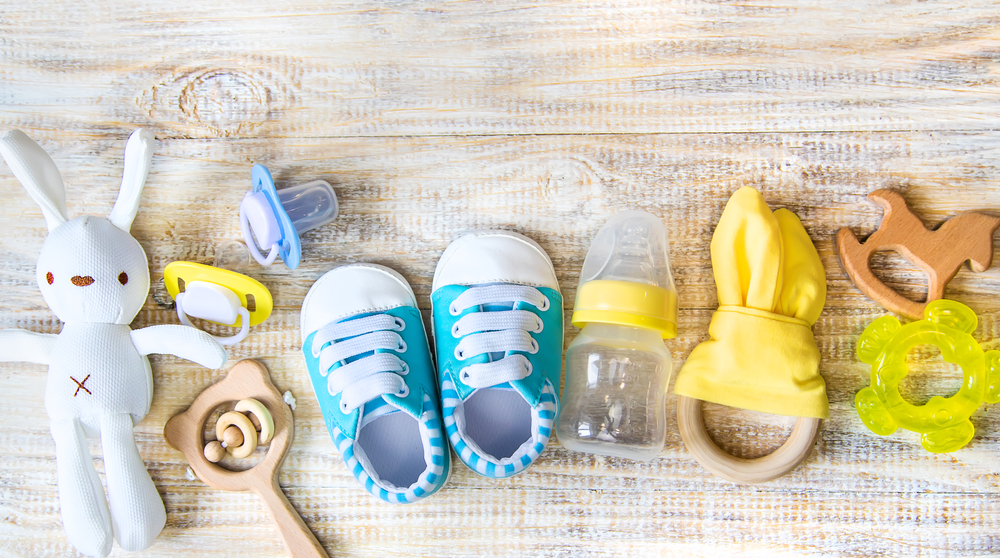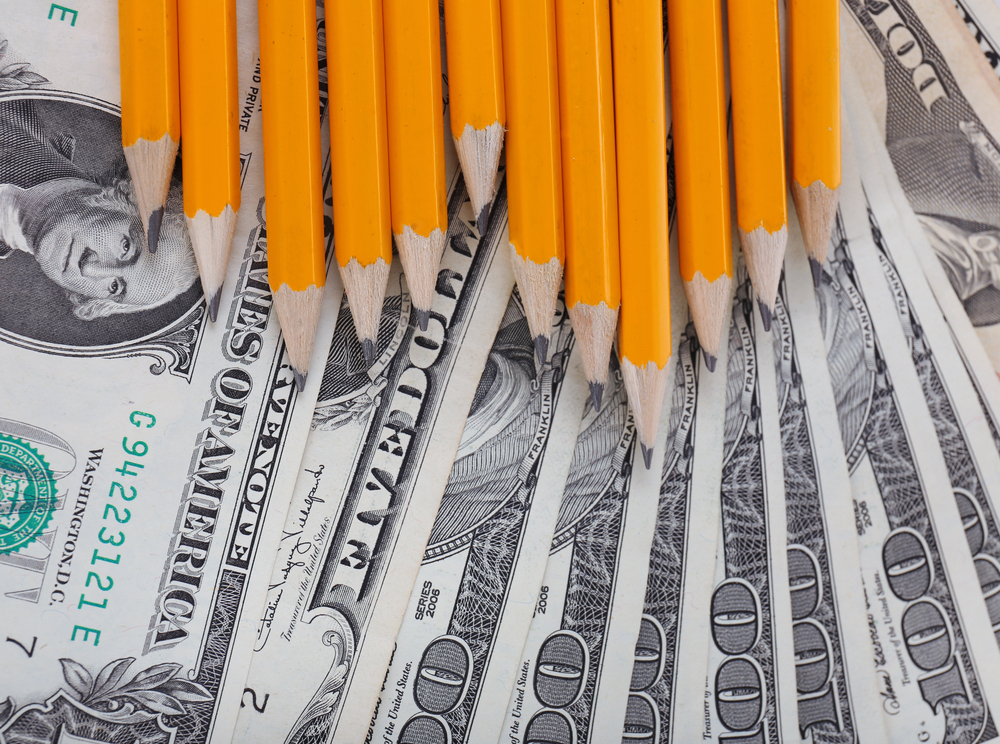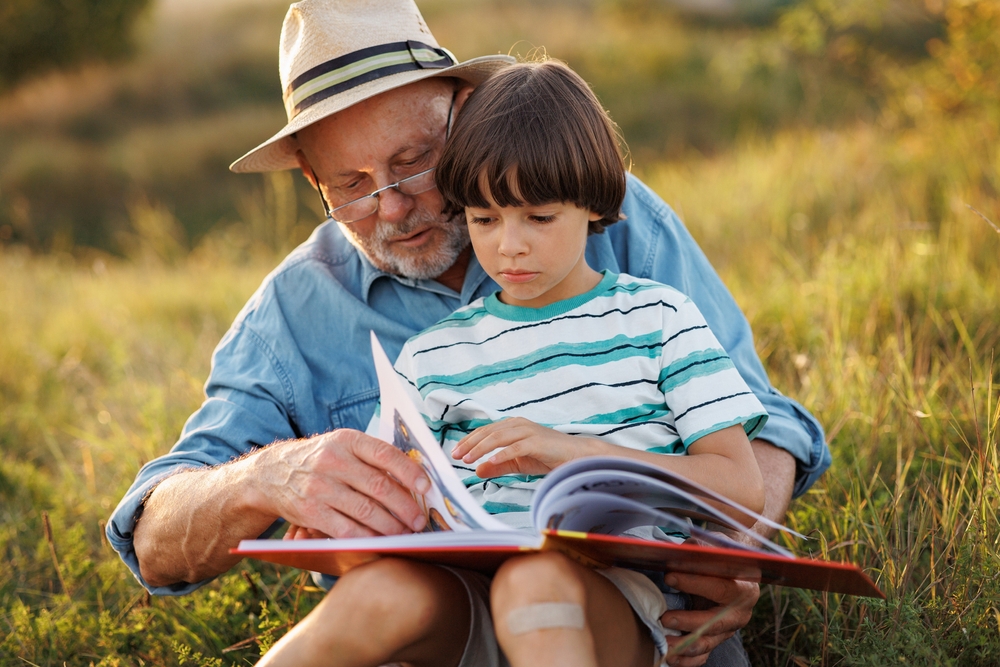Parents are paying closer attention than ever to what they buy for their babies. Whether it’s over product recalls, ingredient transparency, or corporate controversies, many families are voting with their wallets and walking away from certain brands. Some of these companies once enjoyed unwavering loyalty, but changing values and rising awareness around safety, sustainability, and ethics have shifted the landscape. As more parents discuss their experiences online, the list of baby brands that parents are quietly boycotting continues to grow—and it’s changing how companies earn trust.
1. Johnson & Johnson
Johnson & Johnson has long been a household name, but in recent years, parents have begun distancing themselves from it. Much of this comes from lingering concerns over past lawsuits involving talcum powder and claims of asbestos contamination. Even though the company has reformulated and defended its products, some families remain skeptical about the brand’s transparency. When discussing baby brands that parents are quietly boycotting, Johnson & Johnson often tops the list because of trust issues rather than performance. Parents are now seeking cleaner, more transparent baby care alternatives.
2. Gerber
For generations, Gerber was synonymous with baby food, but today’s parents are more cautious. Several reports have highlighted heavy metal levels in baby food across multiple brands, and Gerber was among those scrutinized. Although the company has taken steps to improve testing, many families have switched to smaller, organic brands. In conversations about baby brands that parents are quietly boycotting, Gerber often surfaces as a symbol of outdated manufacturing practices. Parents increasingly prefer baby food companies that clearly label sourcing and safety standards.
3. Pampers
Pampers remains a top diaper brand, but its reputation has taken some hits among parents advocating for eco-friendly alternatives. Concerns over fragrance ingredients, landfill waste, and skin sensitivity have pushed many families toward biodegradable or cloth options. Online discussions frequently point out the high cost and environmental impact of traditional disposable diapers. As awareness of sustainable parenting grows, Pampers finds itself among the baby brands that parents are quietly boycotting for greener options. Modern parents want performance without guilt.
4. Similac
The infant formula industry has faced growing scrutiny, and Similac has been at the center of several controversies. Recalls tied to contamination and bacterial concerns have made many parents uneasy. Even though such incidents are rare, they leave lasting impressions when it comes to infant safety. In lists of baby brands that parents are quietly boycotting, Similac appears due to both health fears and frustration over supply chain issues during shortages. Parents now seek brands with transparent sourcing and more reliable availability.
5. Fisher-Price
Once a staple of childhood play, Fisher-Price has dealt with multiple recalls over the past few years. The most concerning involved the Rock ’n Play Sleeper, which was linked to infant fatalities and later removed from the market. Even after the recall, trust hasn’t fully recovered among many parents. As a result, Fisher-Price often lands on lists of baby brands that parents are quietly boycotting because safety should never be an afterthought. Parents are opting for newer, safety-first toy and gear companies instead.
6. Enfamil
Enfamil, another major baby formula brand, has faced its share of controversy as well. Lawsuits have emerged alleging potential links between certain formula products and health issues in premature infants. While scientific consensus remains complex, the public relations damage has been significant. For many families, the uncertainty is enough to explore smaller or European formula alternatives. Enfamil’s inclusion among baby brands that parents are quietly boycotting reflects a growing desire for cleaner labels and rigorous testing.
7. Huggies
Huggies has a loyal following, but even that loyalty is starting to waver. Environmental concerns and chemical sensitivity reports have made parents rethink disposable diaper brands altogether. Critics point out that while Huggies markets itself as gentle, it still uses materials that don’t align with eco-conscious values. As sustainability takes center stage, many families now prefer plant-based or reusable diapers. That trend has quietly placed Huggies among the baby brands that parents are quietly boycotting in favor of greener solutions.
8. Baby Einstein
Baby Einstein was once a go-to name for educational toys and videos, but research later found little evidence that the products enhanced cognitive development. Some parents even felt misled by earlier marketing claims suggesting the toys could accelerate learning. Today, many families prefer interactive play, real-world exploration, and screen-free activities instead. Among baby brands that parents are quietly boycotting, Baby Einstein stands out for shifting perceptions about early education. Parents have learned that meaningful learning doesn’t come in a box or video.
9. Nestlé
Nestlé’s reputation in the baby market remains controversial after decades of criticism over its formula marketing practices, particularly in developing countries. Although the company continues to operate globally, ethical concerns have driven many parents to boycott its baby products entirely. Critics argue that Nestlé’s focus on profits sometimes overshadows public health interests. This history continues to influence modern consumer behavior, with Nestlé frequently included among baby brands that parents are quietly boycotting. Trust, once lost, is difficult to regain in such a sensitive market.
Parents Are Demanding Accountability, Not Perfection
Parents today are more informed, connected, and outspoken than ever before. When they stop supporting certain baby brands that parents are quietly boycotting, it’s not just about one bad experience—it’s about broader patterns of accountability, transparency, and values. Modern parents want companies to take responsibility for safety, sustainability, and ethics without waiting for public backlash. The shift isn’t about cancel culture; it’s about conscious consumerism. In the end, brands that listen, evolve, and earn back trust will be the ones parents truly stand behind.
Have you stopped buying from any of these baby brands? What drives your purchasing decisions most—safety, ethics, or sustainability? Share your thoughts in the comments.
What to Read Next…
10 Popular Diaper Brands That Have Faced Consumer Complaints
Beyond The Brand: 8 Common Kid Snacks With Dangerous Allergens
Are the Brands You’re Buying for Your Child Worth the Money?
7 Luxury Brands That Parents Won’t Stop Buying Their Kids Even When It’s Out of Their Budget
4 Diaper Brands That Are Nothing More Than Elevated Paper Towels
Catherine is a tech-savvy writer who has focused on the personal finance space for more than eight years. She has a Bachelor’s in Information Technology and enjoys showcasing how tech can simplify everyday personal finance tasks like budgeting, spending tracking, and planning for the future. Additionally, she’s explored the ins and outs of the world of side hustles and loves to share what she’s learned along the way. When she’s not working, you can find her relaxing at home in the Pacific Northwest with her two cats or enjoying a cup of coffee at her neighborhood cafe.
